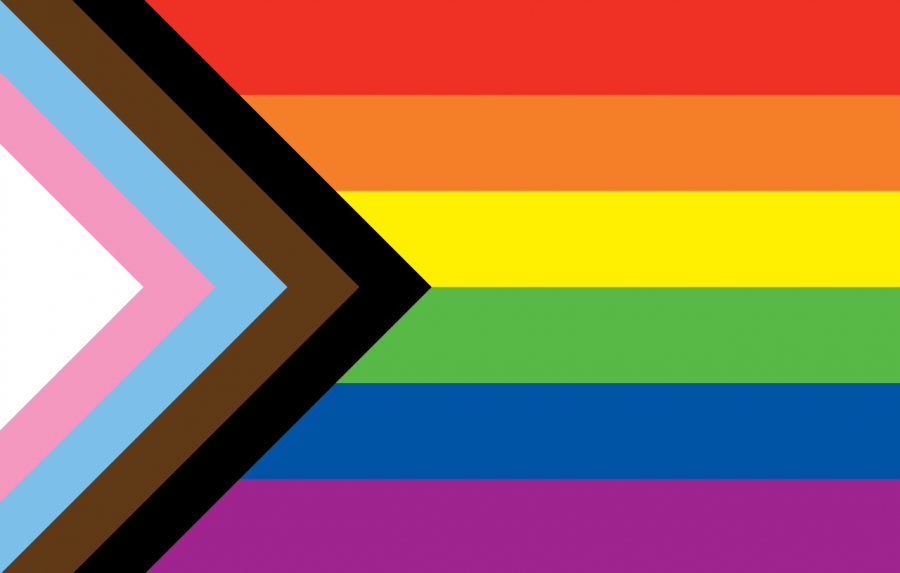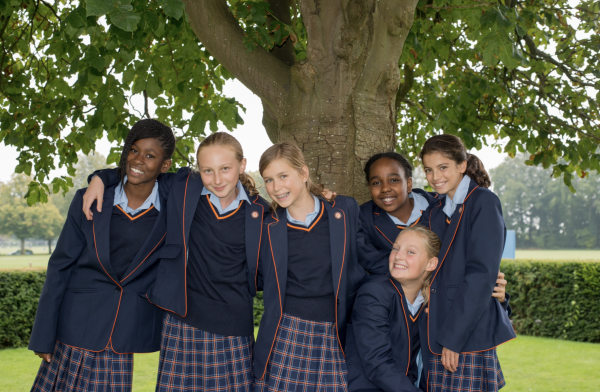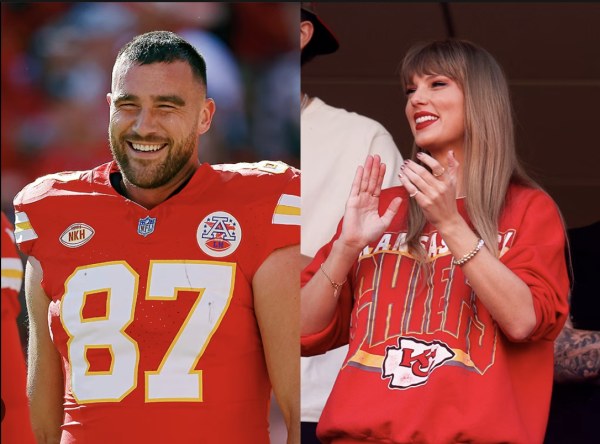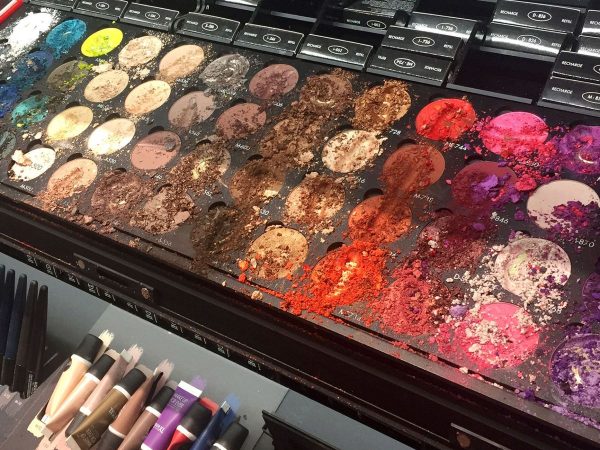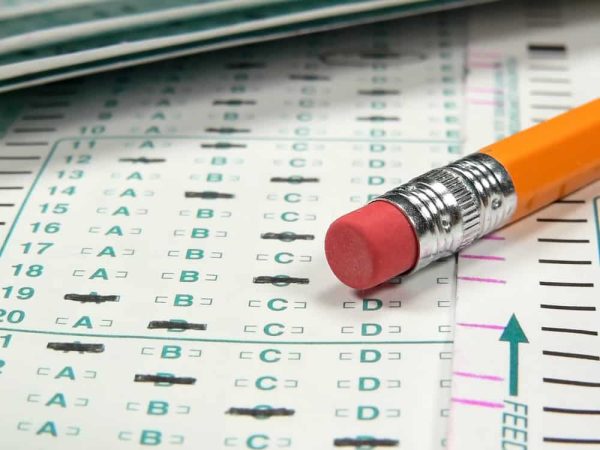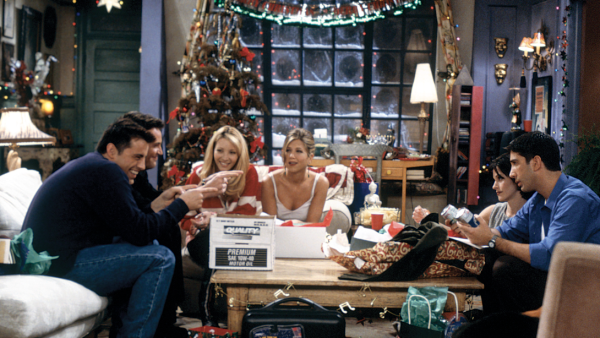When “Fans” Pry Too Much: The Horrors of Coming Out as a Celebrity
Progressive Pride Flag
On January 5th, 2023, “Stranger Things” star Noah Schnapp publicly came out as gay in a humorous TikTok video. In the video, Schnapp details how his coming out was “never that serious” after receiving supportive reactions from his family and friends, leaving him wondering why he was so stressed in the first place. He was met with many positive reactions from fans in the form of comments. Many expressed how proud of him they were for sharing his sexuality despite the challenges of being a celebrity. But there were some comments that weren’t so kind.
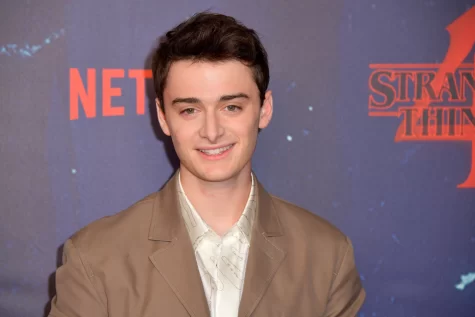
Contrasting the thousands of nice words were multiple people saying that they “knew it all along” and that Schnapp had made it “pretty obvious” that he was gay, with many people praising their own “gaydar.” When asked by other fans how they “just knew,” people would respond with “the way that his voice sounds” and his “flamboyant mannerisms,” which are both very common stereotypes about gay men.
Justin Meyers, GQ writer and runner of the queer blog “The Guyliner,” says in his blog post, “Why, “we all knew!” is the worst thing to say when somebody comes out”:
”As a gay person coming out, we have to own that moment…We have wrestled with feelings, had sleepless nights, and acted out this day again and again in our heads, dreaming up endless scenarios with dozens of different endings…You, however, with your “We all knew!” have taken the script out of our hands–you are editing it, tearing out pages. But we didn’t ask you to. This is our story.”
The commenters on Schnapp’s post dismissing his worries by saying “we all knew” have ruined his moment. He must have felt as though he was sharing a secret with the world, and then there enters a flood of people telling him he “wasn’t hiding it very well.” It’s an extremely insensitive thing to say.
The topic of queer celebrities getting their big moment of self-expression taken away cannot be mentioned without acknowledging the absolute torment that Kit Connor, star of Netflix’s hit show “Heartstopper,” had to face.
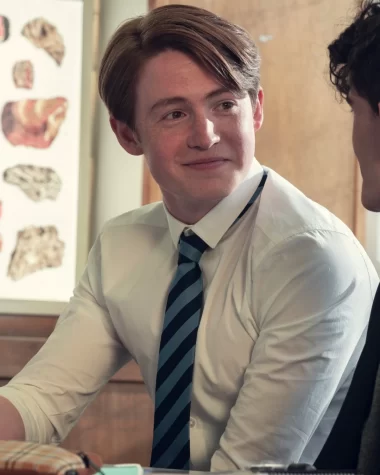
While Schnapp’s coming out was his own decision, Connor was essentially forced out of the closet by so-called “fans” of the show. In “Heartstopper,” Connor plays a bisexual character named Nick, who is in a queer relationship with a character called Charlie. Ever since the show first premiered, viewers have wondered about the sexualities of the actors portraying the queer characters, which is understandable. When people see parts of their own identity on screen, it is only natural for them to want that presentation to be as authentic as possible. But, where the problem arises is when people begin to feel that they’re entitled to know every detail of an actor’s personal life to ensure that they’re “qualified” to do their roles, which is unfortunately what happened to the 18 year old actor.
In the Refinery29 article “Is It Ever Okay For Straight Actors To Play Queer Roles?” by Kayla Kumari Upadhyaya, she states that “There are obvious logistical obstacles to an identity-based approach to casting…certain actors might not be out as LGBTQ+ or aren’t sure exactly how they identify yet.” Because of that, she cautions speaking in absolutes about straight people not playing queer roles, which might…put pressure on someone to come out before they’re ready. “We have to rely on actors to make themselves visible, which it’s not always safe for actors to do,” queer actress Jacqueline Toboni says.” Coming out is something that is extremely personal and a vulnerable moment for someone. Taking away their right to “make themselves visible” when they feel comfortable doing so is one of the worst things you can do.
Celebrities are not your friends, they’re not your family, there is no reason for you to know everything about them. Celebrities are not granted the same level of privacy that other people are, which is a huge problem because, at the end of the day, celebrities are just people. Something such as coming out, which is a pivotal moment, is not required to be public knowledge.
People need to be able to trust that actors are taking roles with good intentions in mind and not think of those who have not disclosed their sexualities as “straight people stealing opportunities from real queer people” because, at the end of the day, acting is pretending to be someone you’re not. Actors are not obligated to relate to every character they play, but only to do their best at understanding that character and their identity. Viewers are not required to know everything about an actor’s life but only to respect their privacy and their craft.
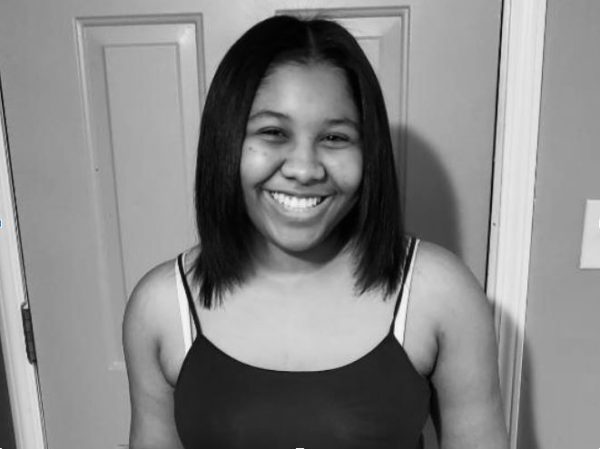
Hi everybody! My name is Tyann and I'm the entertainment editor this year. I've been a part of the Spectator staff for two years now, joining to fuel my...


